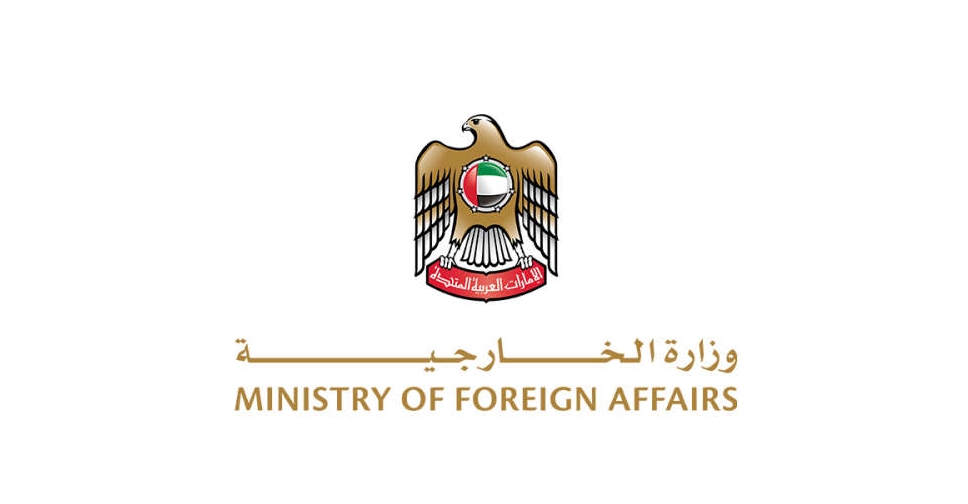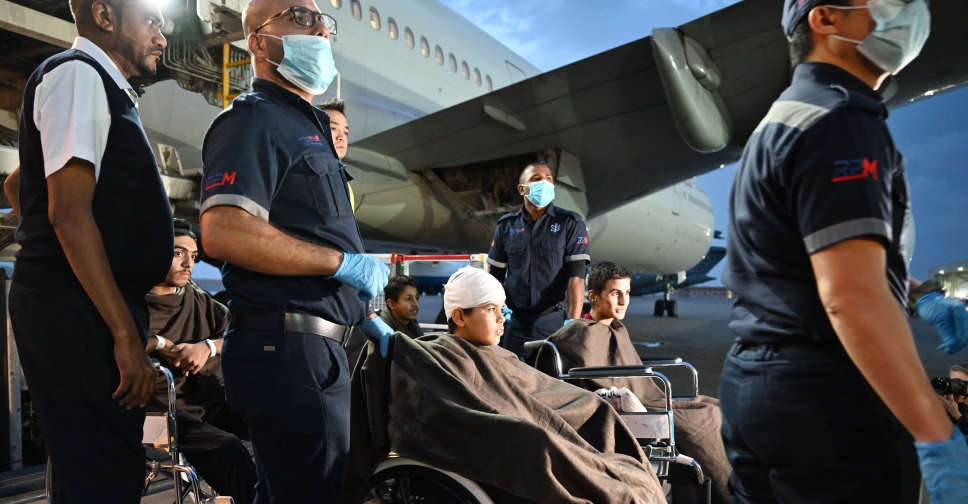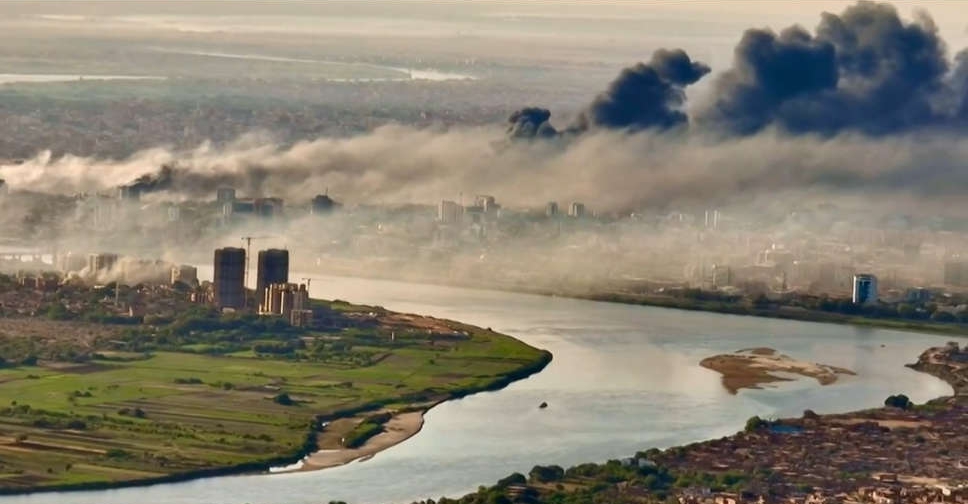
Sudan's paramilitary Rapid Support Forces (RSF) said it had agreed to a 72-hour truce from 6:00 am (0400 GMT) on Friday but residents of Khartoum and Bahri reported gunfire as Sudanese troops deployed in the cities on foot.
The RSF early on Friday announced a ceasefire after six days of fighting to coincide with the start of Eid al-Fitr and to allow residents to reunite with their families.
"The truce coincides with the blessed Eid al-Fitr ... to open humanitarian corridors to evacuate citizens and give them the opportunity to greet their families," the RSF said in a statement.
There was no immediate comment from the army and its chief, General Abdel Fattah al-Burhan, who did not mention a ceasefire in a pre-recorded speech posted on the army's Facebook page.
Khartoum, the capital, was rocked by bombing and shelling before the ceasefire announcement and witnesses heard gunfire as the ceasefire, and morning Eid prayers, were due to begin.
Residents said soldiers were deployed on foot into some neighbourhoods, apparently indicating that the army was preparing for more clashes.
Meanwhile, the International Organisation for Migration said a humanitarian worker was killed after his vehicle was hit by crossfire as he tried to move his family to safety. The worker was travelling near El Obeid, a town southwest of Khartoum, when he was shot.
The Sudanese man is the fourth UN employee to be killed since fighting broke out.
In Bahri, on the other side of the River Nile, residents said the army had deployed large numbers of soldiers and that they could hear fighting as the RSF and army engaged in gun battles.
Fighting between the RSF and Sudan's army erupted on Saturday, derailing an internationally backed plan for a transition to a civilian democracy four years after the fall of autocrat Omar al-Bashir to mass protests and two years after a military coup.
The RSF said it had to act in "self-defence" to repel what it described as a coup attempt, though adding that it was committed to a "complete ceasefire" during the armistice period.
At least 350 people have been killed in the power struggle between two previously allied leaders of the ruling military junta, army chief Burhan and RSF leader General Mohamed Hamdan Dagalo, who is widely known as Hemedti.
The conflict has dashed hopes for progress towards democracy in Sudan, risks drawing in its neighbours and could play into regional competition between Russia and the United States.
UN APPEAL
The RSF had earlier condemned the military for what it said was new assaults.
"At this moment, when citizens are preparing to receive the first day of Eid al-Fitr, the neighbourhoods of Khartoum are waking up to the bombings of aircraft and heavy artillery in a sweeping attack that is directly targeting residential neighbourhoods," the RSF said early on Friday.
UN Secretary-General Antonio Guterres on Thursday appealed for a ceasefire to allow civilians to reach safety.
Thousands of civilians streamed out of Khartoum as gunfire and explosions sounded on Thursday. Large numbers also crossed into Chad to flee fighting in the western region of Darfur.
A doctors' group said at least 26 people were killed and 33 were wounded El-Obeid city, west of Khartoum, on Thursday. Witnesses there described clashes and widespread looting.
Guterres, speaking to reporters after meeting virtually with the heads of the African Union, the Arab League and other organisations on Thursday, said: "There was a strong consensus on condemning ongoing fighting in Sudan and calling for cessation of hostilities as an immediate priority".
He said trapped civilians should be allowed to seek medical treatment, food and other supplies. The United States endorsed the ceasefire proposal.
Burhan told Al Jazeera he would support a truce on condition it allowed citizens to move freely - something he said the RSF had prevented. He also said he saw no partner for negotiations, and "no other option but the military solution".
Dagalo told Al Jazeera he was ready to implement a three-day truce.
"We are talking about a humanitarian truce, we are talking about safe passages ... we are not talking about sitting down with a criminal," Dagalo said, referring to Burhan.

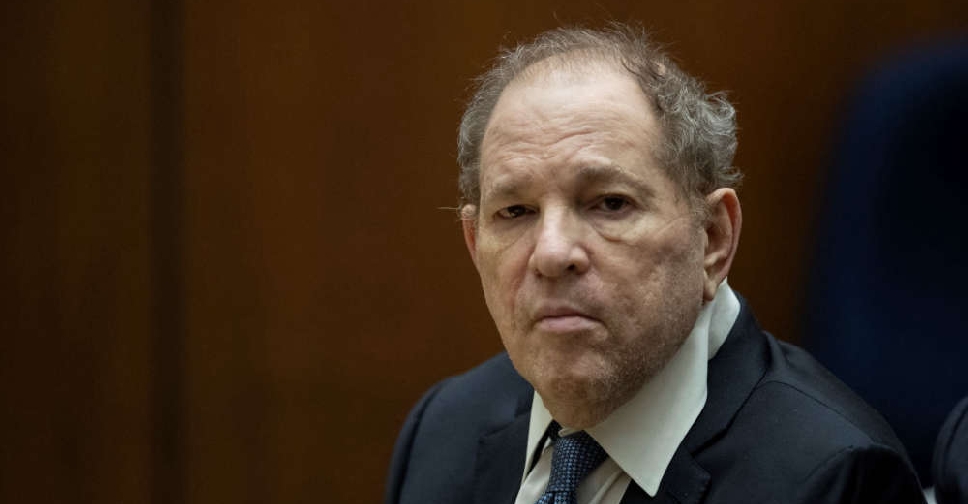 Harvey Weinstein hospitalised days after conviction overturned
Harvey Weinstein hospitalised days after conviction overturned
 Gold Titanic pocket watch sells for 4.1m dirham at auction
Gold Titanic pocket watch sells for 4.1m dirham at auction
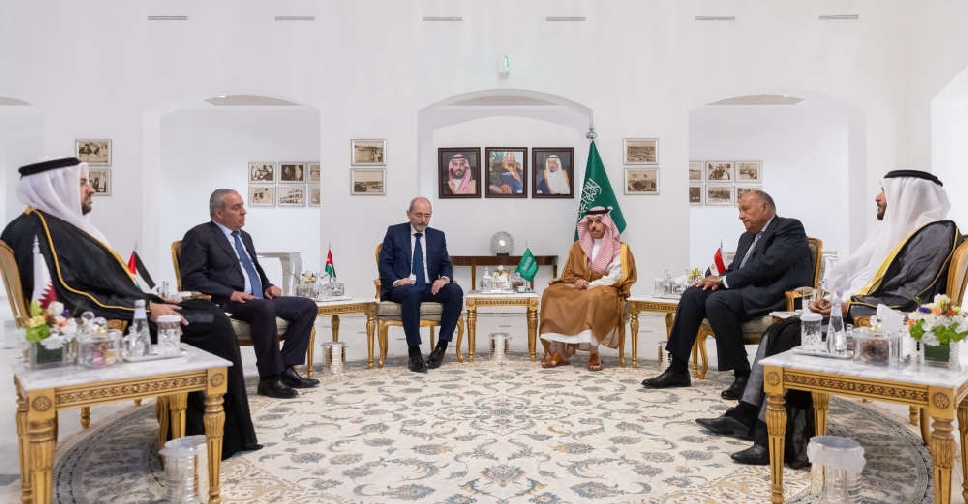 Arab ministerial coordination meeting reiterates ending Gaza conflict
Arab ministerial coordination meeting reiterates ending Gaza conflict
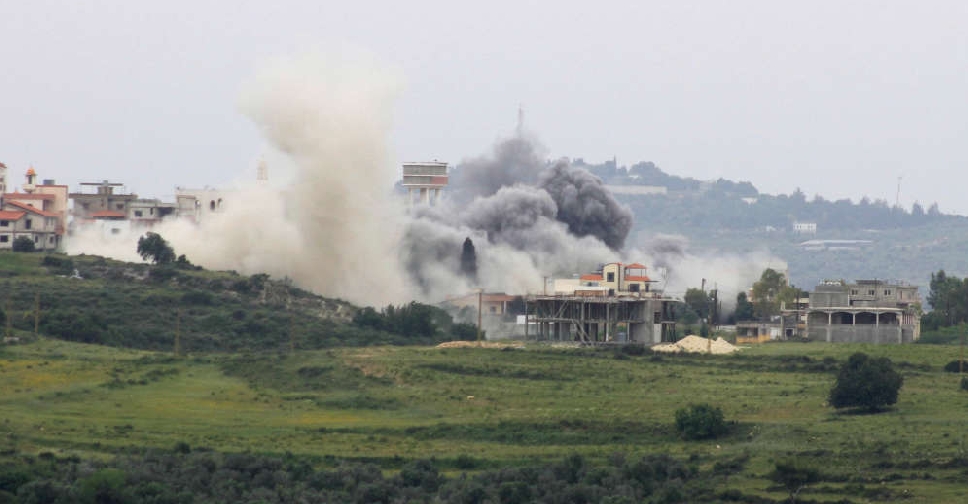 Lebanon moves towards accepting ICC jurisdiction for war crimes on its soil
Lebanon moves towards accepting ICC jurisdiction for war crimes on its soil
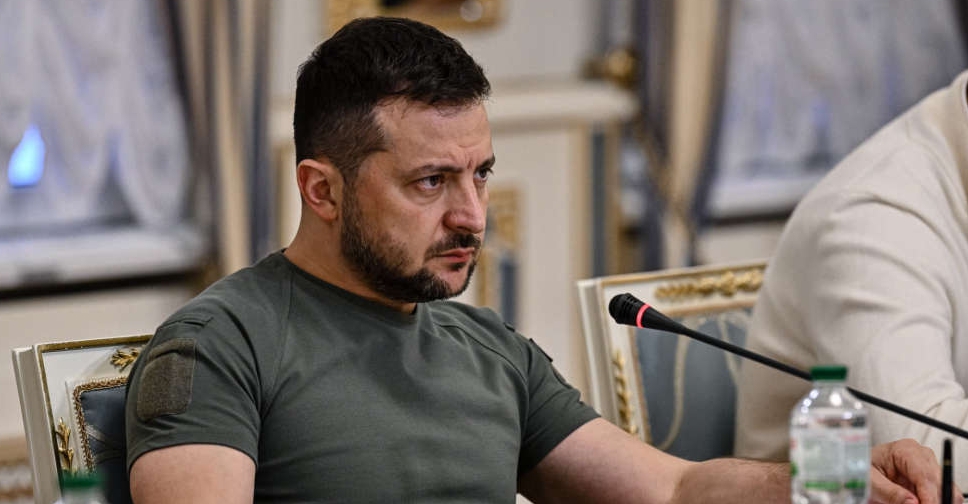 Zelenskiy issues new appeal for air defences, fast weapon supplies
Zelenskiy issues new appeal for air defences, fast weapon supplies

